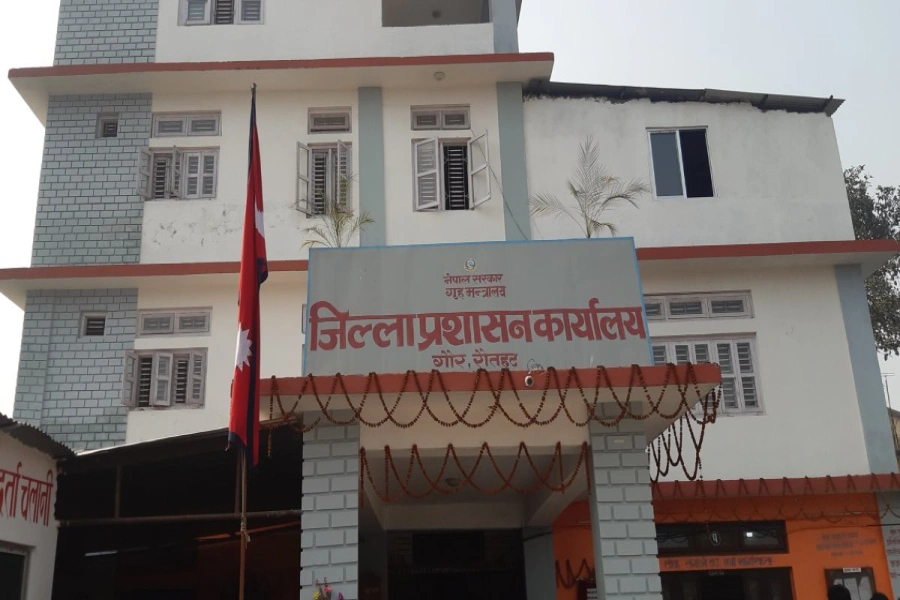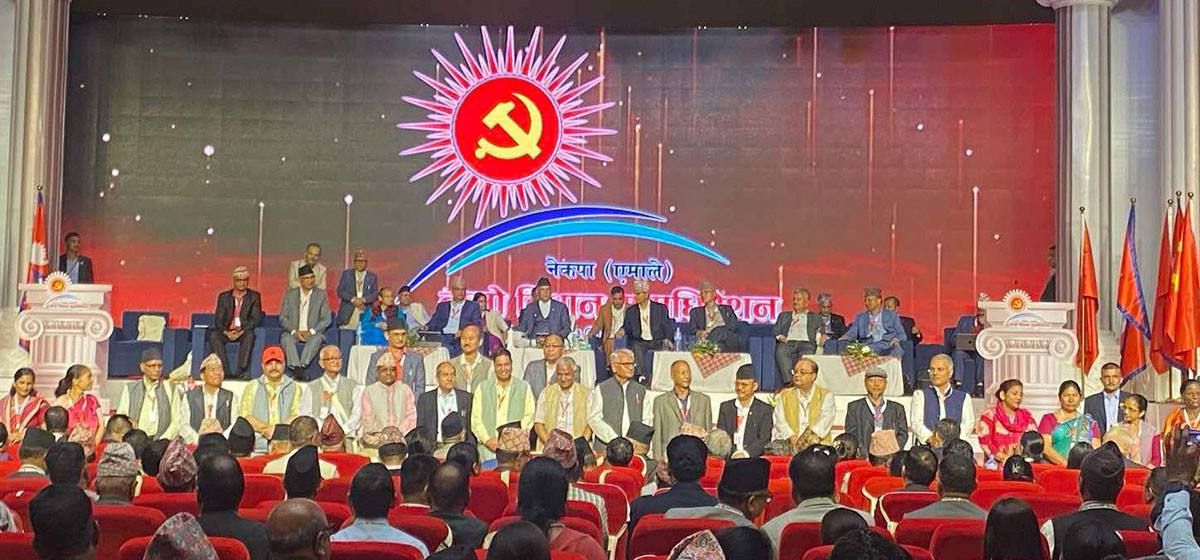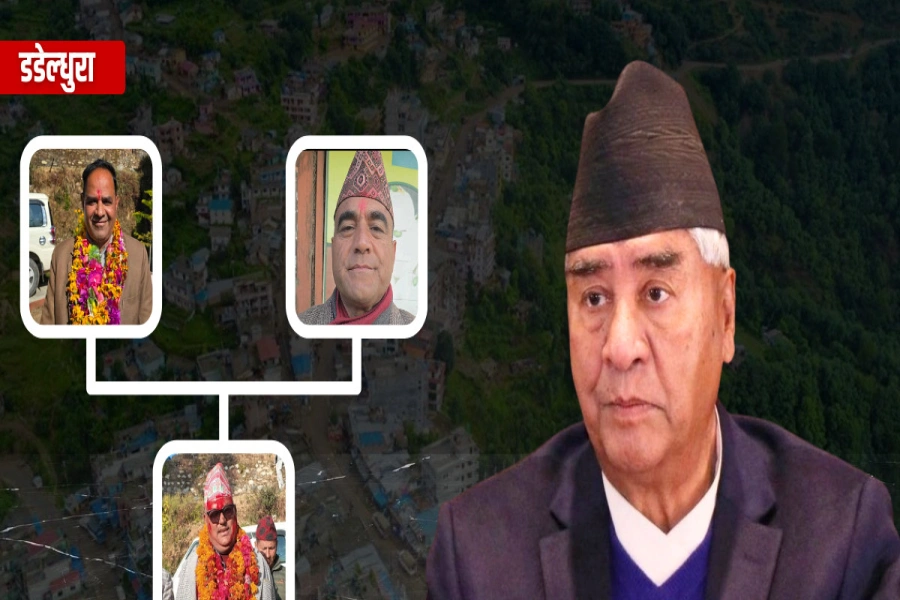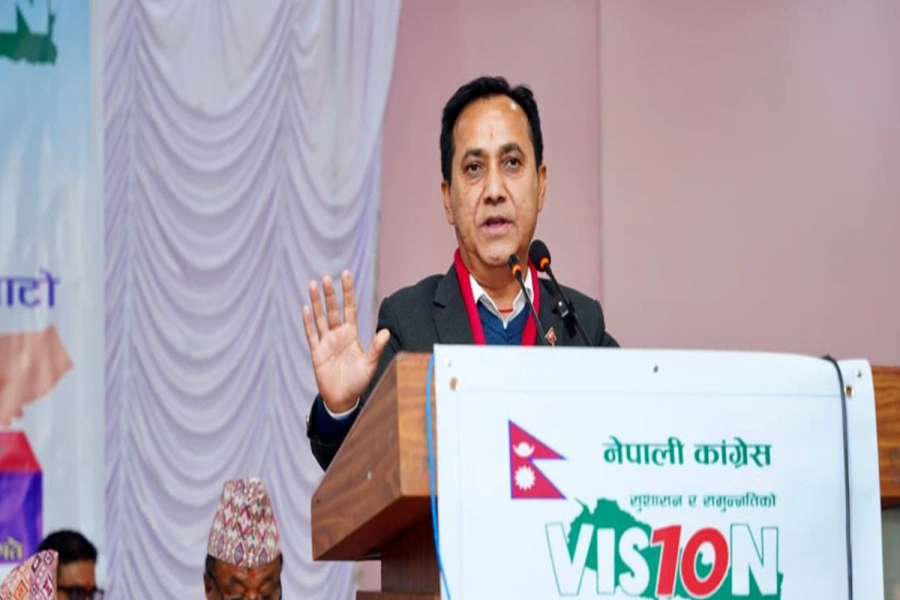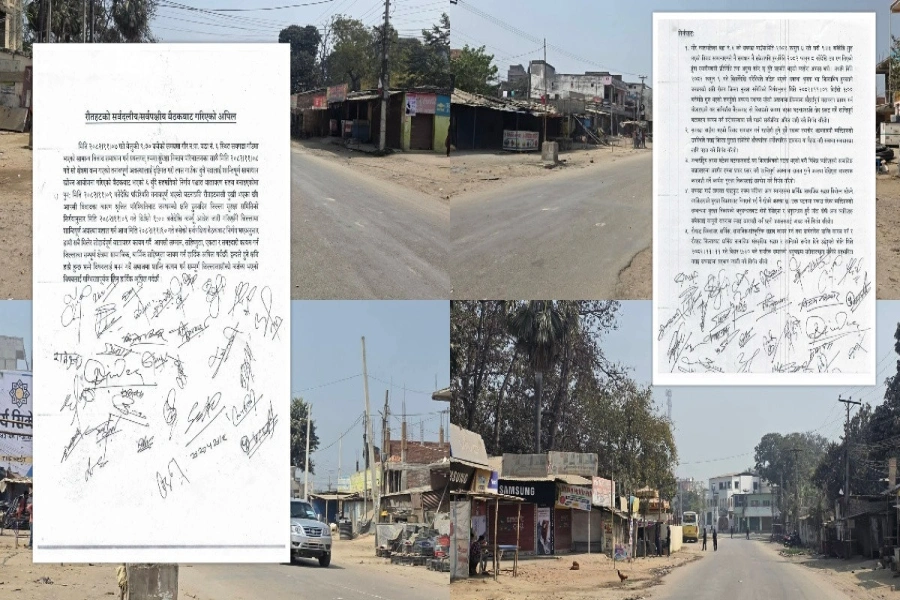Adapting to the character of a homosexual and bringing forth a powerful narrative on LGBTIQ struggle was probably one of the best performances of actor Anil Subba. In ‘Jiiudo Akash’— displayed at Sarvanam Theatre on August 2 — Anil showcased a mesmerizing caliber for character transitions, storytelling and on-stage vivacity.
The talented actor, throughout the hour-long solo performance, sent an emotional and oftentimes thought-provoking message. More incredible was the fact that he single-handedly not only gave the play justice, but also stood out from the cohort of Kathmandu-based theatre artists.
Anil Subba was born and raised in a rural village Chula Chuli, Ilam. Growing up in a village that was “left undiscovered by Ilam and ignored by Jhapa district”, opportunities to explore and expand were available only to a lucky few.
My Mission is to Save Hearts, Not Just Treat Them: Dr Om Murti...

However, motivated by his ‘art-enthusiast’ family –all his five siblings being music and art professionals—he started to grab every opportunity that came his way. That included participating in school dramas and playing small roles in the local Gantabya Theatre. Working at the latter earned him few powerful inspirations and mentors, including Prakash Angdenbe. Angdenbe later helped the young actor to come to Kathmandu and get a few initial roles.
Anil learned he had the potential to become a theatre artist when he first performed ‘Maneko Euta Desh’ in school at the age of 14. The play not only earned him positive feedbacks, but also secured him a nickname, Mane, the protagonist of the play.
For a long time following the drama, his family, friends and social circle called him Mane. This kind of reaction spurred in him a desire and strengthened his long-held ambition to pursue theatre in Kathmandu.
Coming to Kathmandu was indeed a prominent turning point in his professional life. He graduated as the second batch of Shilpee Theatre. Shilpee Theatre periodically organizes a six-month training course for aspiring theatre artists on theater technicalities. While at Shilpee, Anil got to polish his skills and perform with an inspirational cast, most of whom taught him the importance of improvisation while performing live. Improvisation is important, according to Anil “because there is only so much one can fake if s/he is not fully immersed with the character”. And to immerse in any given character is only possible through improvisations.
When Anil was to play a homosexual Gaurav, like he did in ‘Jiudo Akash’, he first searched for feminine traits within himself. “I tried wearing makeup and walking in women’s dresses to see people’s general reaction”. Anil recalls asking his sisters about makeup and visiting Gaushala, where he first-hand witnessed the issues faced by third gender sex workers.
“What matters the most is whether you like the character you are playing. For that, I do not back out from personal research,” he said. After a prolonged rehearsal for ‘Jiudo Akash’, he got to a point where removing make-up made him sad because he now wanted to own up to the character of Gaurav in real life. At that point, his director had to step in and ask him to “work in balance”.
However, since Anil is someone who would rather give his best and face consequences later, he tried a couple of things. That included shopping for make-up donned in a transgender costume and changing his walks to look more feminine.
“The best thing about being a theatre-artist: one gets to simultaneously live a few different lives,” said Anil. An actor gets to understand and empathize with every kind of roles, be it a protagonist’s or antagonist’s role. “After continuous rehearsals, you start thinking the way your character would.” This makes him more humane and an understanding person.
In the near future, Anil hopes to improve himself as an actor and reach a point where acting in theatre need not be a menial income source. Theatre can be a powerful means to inform and inspire, and Anil seeks to be a part of it more than the commercial and glamorous film industry. Upon asked, he said he would join the film industry only when he feels he is accomplished in theatre.







